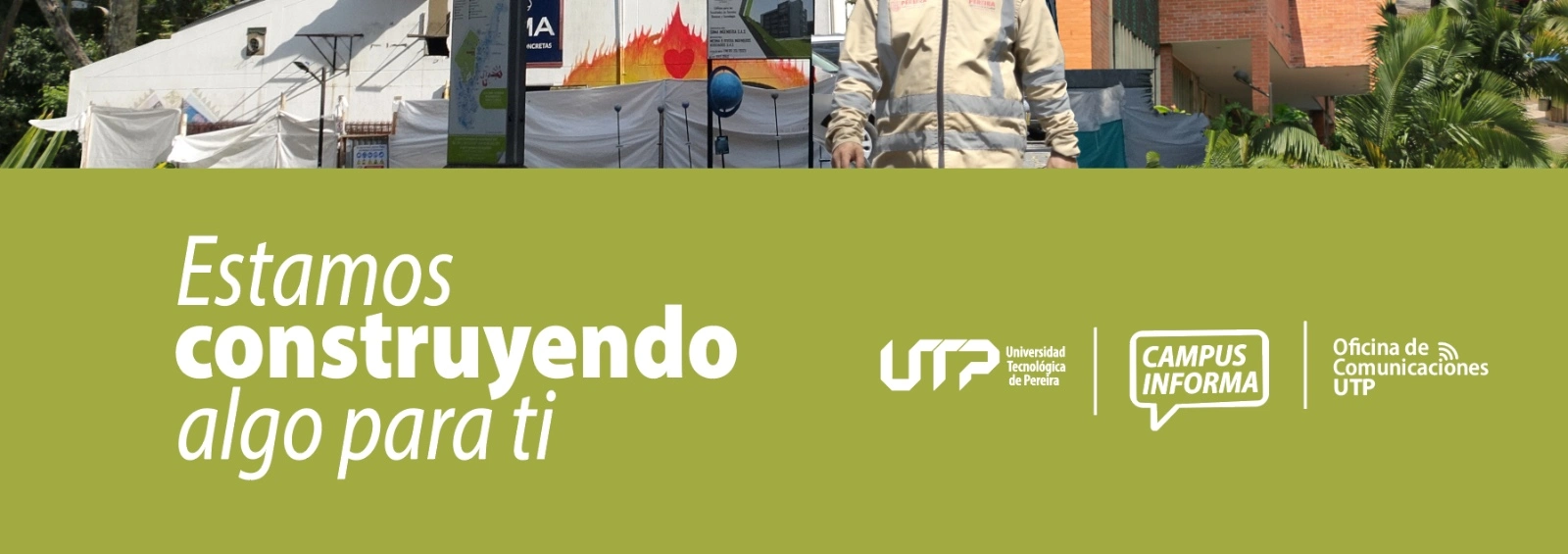JUST OVER 80 years ago, Francisco Franco triggered a military uprising against his country’s government. Granada, one of Spain’s most historic cities, fell quickly to Franco’s rebel Nationalists. Exactly a month after the outbreak of civil war, an infamous murder— which might never have happened had Franco not rebelled—took place on that city’s outskirts.
At 38, Federico García Lorca was one of Spain’s best-known writers. He had made his mark in the 1920s with lyric poetry that drew on the folk customs and haunting landscapes of his native Andalusia. This is most true of “Romancero Gitano” (1928, meaning “Gypsy Ballads”), a collection of poems of gypsy feuds and conflicts with the police, and suffused with images of the moon, blood and the colour green. The book is perhaps his greatest single volume, and it made his name.
His breakthrough as a playwright arrived in 1933 with his first full-length drama “Bodas de Sangre” (“Blood Wedding”), a fierce tragedy in which a man and his former lover, about to be someone else’s bride, run off together into a forest. In interviews, meanwhile, García Lorca had begun to give clear vent to his anti-fascism. He also made enemies among his home-town’s middle class, whom he insulted in one national newspaper as “the worst…in Spain today”. Many of this middle class had sided with the rebels and were keen to flush out any “reds” that sympathised, or seemed to sympathise, with the Republic.
García Lorca, who had returned from Madrid in July 1936 to his Granada parental home for the summer, was inevitably counted among their ranks. His homosexuality only served to intensify this hatred. Most likely on the orders of Granada’s Falangist governor, the writer was arrested on August 16th 1936 and executed three days later. One of García Lorca’s assassins boasted that he had fired “two bullets into his arse for being queer”. The location of the crime is well-known, but his body has never been found.
For years after Franco’s victory in 1939, open discussion in Spain about García Lorca’s life, sexuality and death did not take place. Until the dictator’s death in 1975, only redacted versions of his works were available and Ian Gibson's account of the poet’s murder was prohibited. Sonnets addressed to a lover (identified four years ago as Juan Ramírez de Lucas) did not appear until 1983. By then, however, in Spain as elsewhere, critical appreciation of García Lorca’s reputation as a writer of high originality had begun to supersede concerns over his sexuality.
Today, interest in García Lorca’s life and works is revived. Last month at Sadler’s Wells in London he was movingly evoked in “Patrias” (meaning homelands), a flamenco show created by Paco Peña. García Lorca was impassioned by flamenco, specifically the gypsy idiom known as “deep song”—“a stammer”, he wrote, “…a marvellous buccal undulation that smashes…our tempered scale”. “Patrias” tells his story through flamenco dance and searing songs; images of the war and of the poet are screened onto the back of the stage as the sombre performance unfolds.
As Mr Peña, who was born in Cordoba, explained to Prospero: “Thoughts about the civil war and where García Lorca came from—the land to which he was profoundly attached—led me to connect the tragedy of his death with the conflict that was the huge topic of my early life. It seemed important to me as a flamenco musician to express this suffering.”
Indeed, acute suffering is at the heart of “Yerma”, which García Lorca penned over several years from 1930. Yerma is desperate to conceive but her husband Juan will not—or cannot—impregnate her. The play’s Madrid première in 1934 was a huge success, but its frank exploration of the intimacies and agonies of rural marriage stimulated the wrath of the Catholic right.
A new version of “Yerma” opens at the Young Vic Theatre on August 4th, a fortnight short of the 80th anniversary of García Lorca’s death. Its director Simon Stone has adapted it significantly, bringing the taboo issue of childlessness to contemporary London. “I’m asking whether what shocked people over 80 years ago is still shocking now,” he says. “Is it OK to discuss this? How many women today are walking around with this crisis relationship with their bodies?”
Mr Stone is interested in taking García Lorca out of Spain, just as Euripides’s “Medea” and Sophocles’s “Antigone” can be, and often are, taken out of the ancient world. He believes that “Yerma” has a comparably dense mythic, and therefore universal, quality. “It’s a bit like the supposed Russian-ness of Chekhov or the Norwegian-ness of Ibsen. These things should not be fixed. My ‘Yerma’ is for now.”
Federico García Lorca was a man of rare gifts and, for his exuberance and inventiveness, much loved by those who knew him. All that came to a shocking end 80 years ago. It is a small mercy that in his short life he found the forms to speak to audiences across time.











